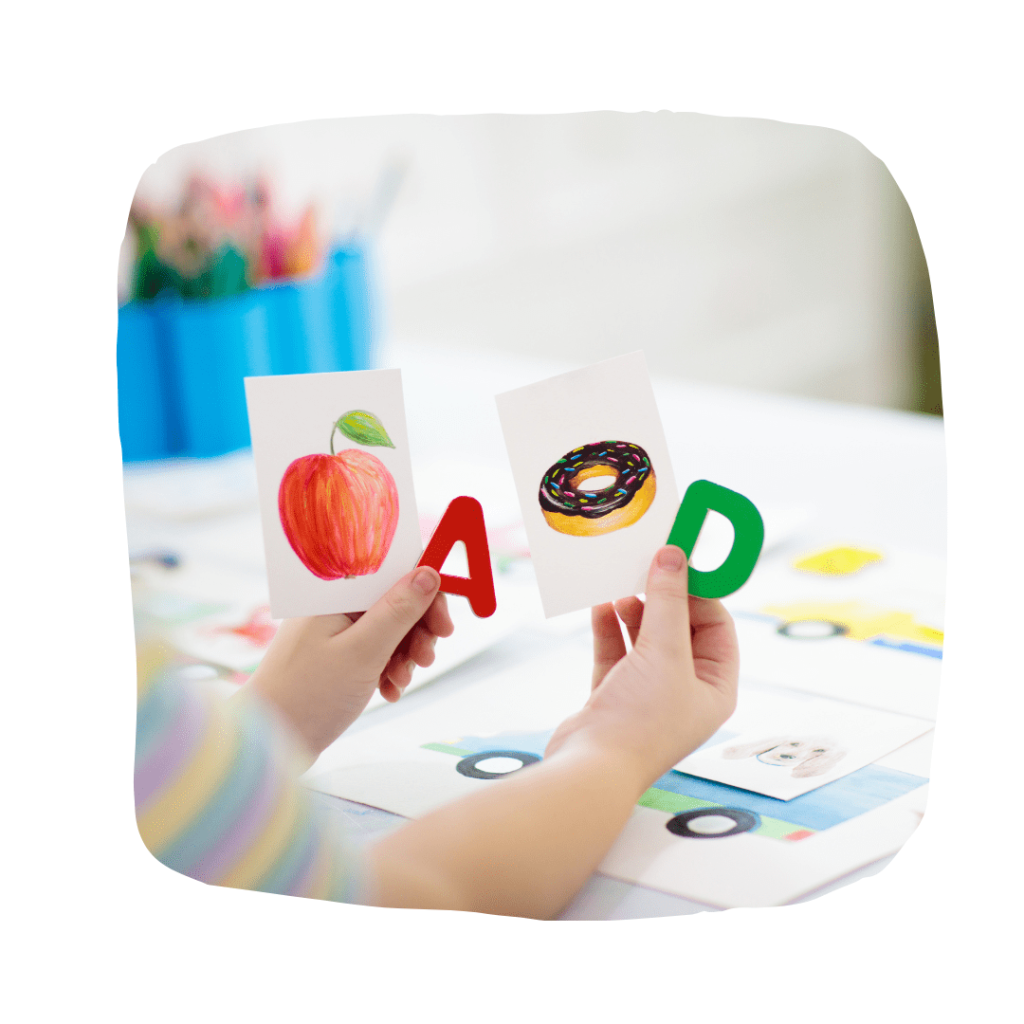Attention Deficit Hyperactivity Disorder (ADHD) is a neurodevelopmental disorder that affects a significant number of children worldwide. As a parent, recognizing the signs, understanding the condition, and knowing how to support your child with ADHD can be challenging. This guide aims to provide parents with valuable insights into ADHD, its symptoms, testing options, common challenges faced, and effective strategies to support their child’s well-being.

ADHD: Definition and Types
ADHD is a chronic condition characterized by persistent patterns of inattention, impulsivity, and hyperactivity that can significantly impact a child’s daily functioning. The disorder is typically diagnosed during childhood, and its effects can extend into adolescence and adulthood. While ADHD manifests differently in each child, it is primarily classified into three types: predominantly inattentive, predominantly hyperactive-impulsive, and combined presentation.
ADHD Symptoms in Children
Children with ADHD may exhibit a range of symptoms, with each child displaying a unique combination and severity. The predominantly inattentive subtype often shows symptoms such as difficulty sustaining attention, being easily distracted, forgetfulness, and struggles with organization and time management. On the other hand, the predominantly hyperactive-impulsive subtype may display symptoms like excessive talking, fidgeting, impulsivity, and difficulty waiting for their turn.
ADHD Testing Options
If you suspect your child may have ADHD, it is important to consult with a healthcare professional who specializes in neurodevelopmental disorders. A comprehensive assessment may involve gathering information from multiple sources, including parents, teachers, and caregivers. This assessment process can help identify the presence of ADHD symptoms and rule out other potential causes. Common tools used in ADHD testing include behavior rating scales, interviews, observations, and psychological tests.
Top 3 Problems Parents Face:
Academic Difficulties: Children with ADHD may struggle with academic performance due to their inattention, impulsivity, and difficulties with organization. This can lead to frustration, decreased motivation, and self-esteem issues.
Behavioral Challenges: ADHD can contribute to disruptive behaviors both at home and in social settings. Children may experience difficulties in following instructions, maintaining friendships, and managing their emotions, which can be stressful for both the child and their parents.
Parenting Stress: Raising a child with ADHD can be demanding and emotionally taxing. The constant need for supervision, coping with impulsivity, and managing medication and therapy schedules can lead to increased stress levels for parents.

Strategies to Support Parents of Children with ADHD:
Education and Knowledge: Understanding ADHD and its impact on your child’s behavior and development is crucial. Educate yourself about the condition by reading reliable sources, attending support groups or our LIVE Workshop (it’s free!), and seeking guidance from healthcare professionals. This knowledge will empower you to advocate for your child effectively.
Establish Structure and Routines: Children with ADHD thrive in structured environments. Establish predictable routines for daily activities such as meals, homework, and bedtime. Clear expectations, visual schedules, and reminders can help your child stay organized and focused.
Effective Communication and Support: Maintaining open lines of communication with your child’s teachers, therapists, and other involved professionals is vital. Regularly discussing your child’s progress, challenges, and successes can lead to collaborative problem-solving and tailored support. Additionally, finding a support network of other parents facing similar challenges can provide invaluable emotional support. Download our worksheet packet for conversation starters that help speak to teachers and support a child in introducing themselves to a new teacher.

Understanding ADHD and supporting a child with the condition can be a challenging journey for parents.
By recognizing the symptoms, seeking proper testing and assessment, and implementing effective strategies, parents can create an environment that supports their child’s development and well-being. Remember, every child with ADHD is unique, and a tailored approach, combined with patience and empathy, can make a significant difference in their lives.

